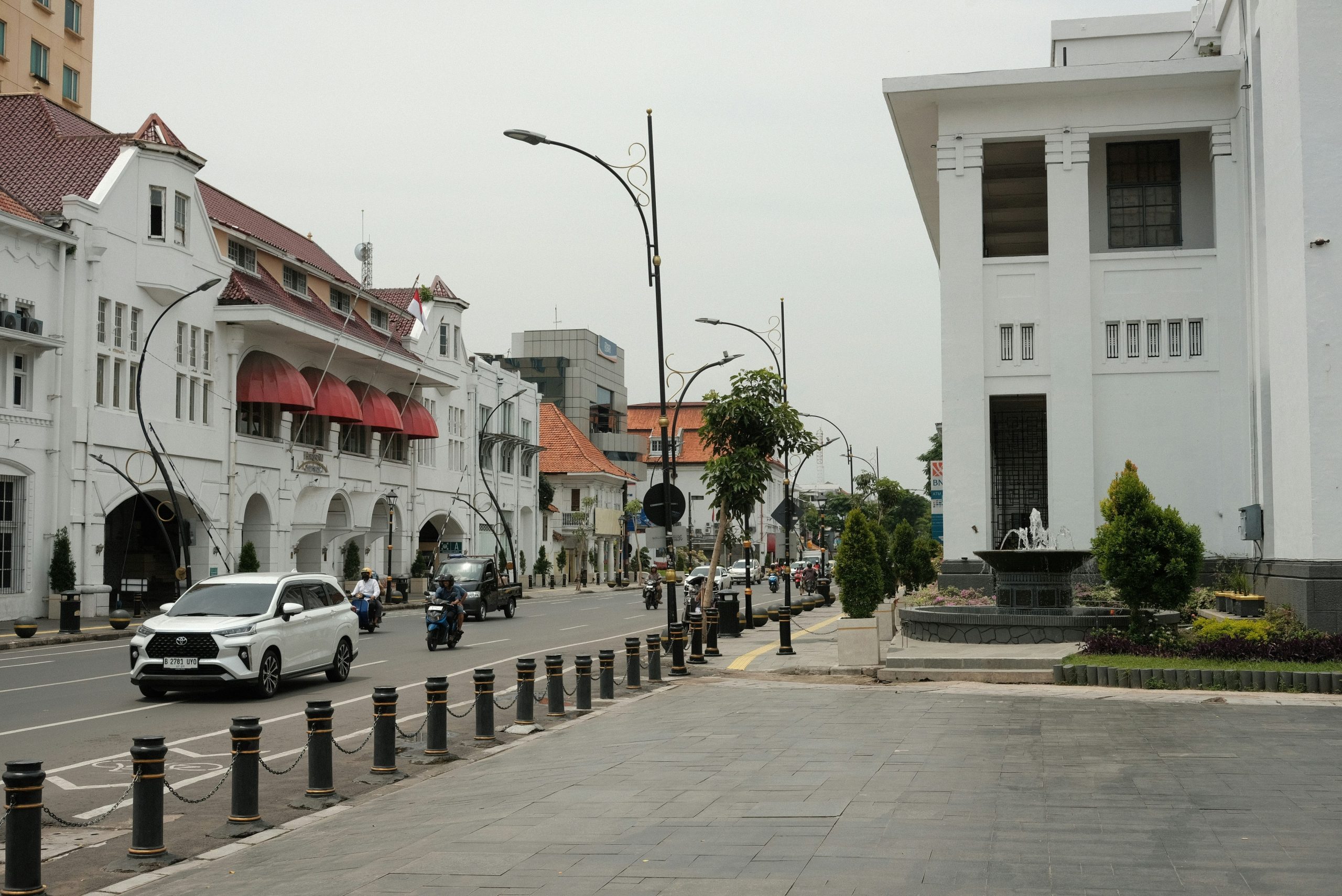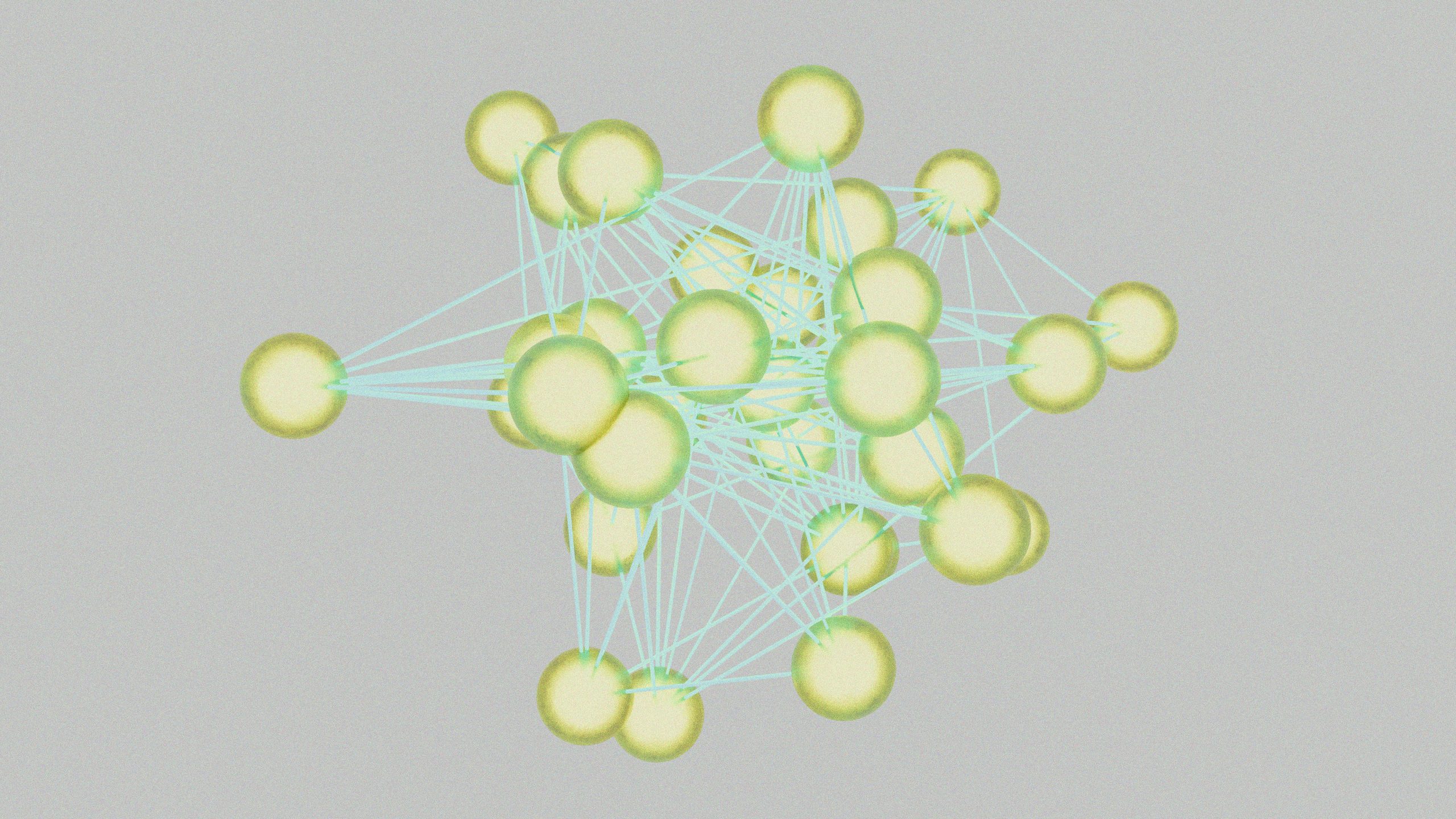Mpox Outbreak in Africa Declared Global Health Emergency
In a significant development for public health, the World Health Organization (WHO) has officially declared the ongoing mpox outbreak in Africa a global health emergency. This declaration comes in response to a sharp rise in cases, particularly in the Democratic Republic of Congo (DRC), where the virus has been concentrated. The outbreak has not only affected the DRC but has also spread to neighboring countries, raising alarms among health officials and governments across the continent.
Mpox, previously known as monkeypox, has seen a worrying escalation in cases, with the Africa Centres for Disease Control and Prevention (Africa CDC) also labeling the situation a Public Health Emergency of Continental Concern. Health experts warn that if the spread is not contained, the virus could potentially affect other regions beyond Africa.
The WHO's decision underscores the seriousness of the outbreak, as the mpox virus has now been reported in over a dozen African nations. This rapid transmission has prompted calls for immediate action to curb the virus's spread and ensure proper resources are allocated to affected areas.
The WHO Director-General, Dr. Tedros Adhanom Ghebreyesus, emphasized the need for a coordinated response among nations and health organizations. He highlighted that the mpox outbreak not only poses a threat to the health of individuals in Africa but also carries the risk of spreading globally, making it imperative for countries to remain vigilant and prepared.
As governments and health organizations mobilize to address the outbreak, there are growing concerns about the potential for a more lethal strain of the virus to emerge. The recent unanimous decision by the WHO's Emergency Committee reflects the collective apprehension about the virus's capabilities and its implications for public health worldwide.
In response to the outbreak, health authorities are ramping up surveillance, contact tracing, and vaccination efforts in areas most affected by mpox. Educational campaigns are also being launched to raise awareness about the virus, its symptoms, and preventive measures among the population, particularly in regions where healthcare access may be limited.
The mpox virus is transmitted through direct contact with infected individuals or animals, and symptoms can include fever, rash, and body aches. While most cases have been mild, the potential for severe illness, especially among vulnerable populations, necessitates urgent attention to this public health crisis.
As the situation continues to evolve, international collaboration and information sharing will be crucial in combating the mpox outbreak. The WHO has called for nations to increase funding and resources to support affected countries and to enhance global preparedness for potential future outbreaks.
The declaration of a global health emergency serves as a wake-up call for the international community to prioritize health security and invest in research, treatment, and prevention strategies. Experts urge that now is the time to act decisively to prevent the further spread of mpox and to protect public health on a global scale.
In conclusion, the mpox outbreak in Africa has escalated to a level that warrants global attention. The WHO's declaration of a public health emergency highlights the importance of a unified response to contain the virus and safeguard health systems. As the world watches closely, the hope is that swift action will mitigate the impact of this outbreak and prevent a larger crisis.











